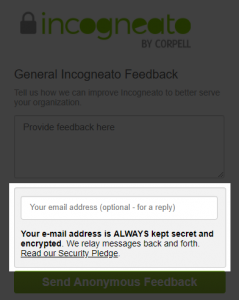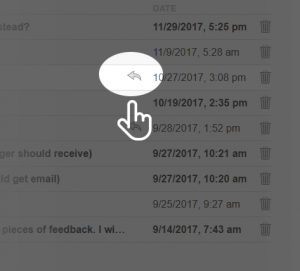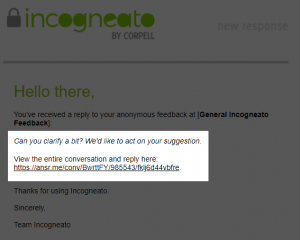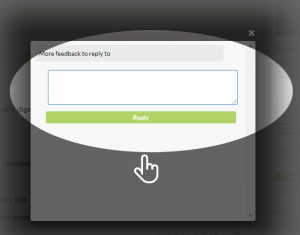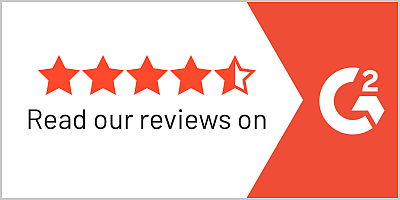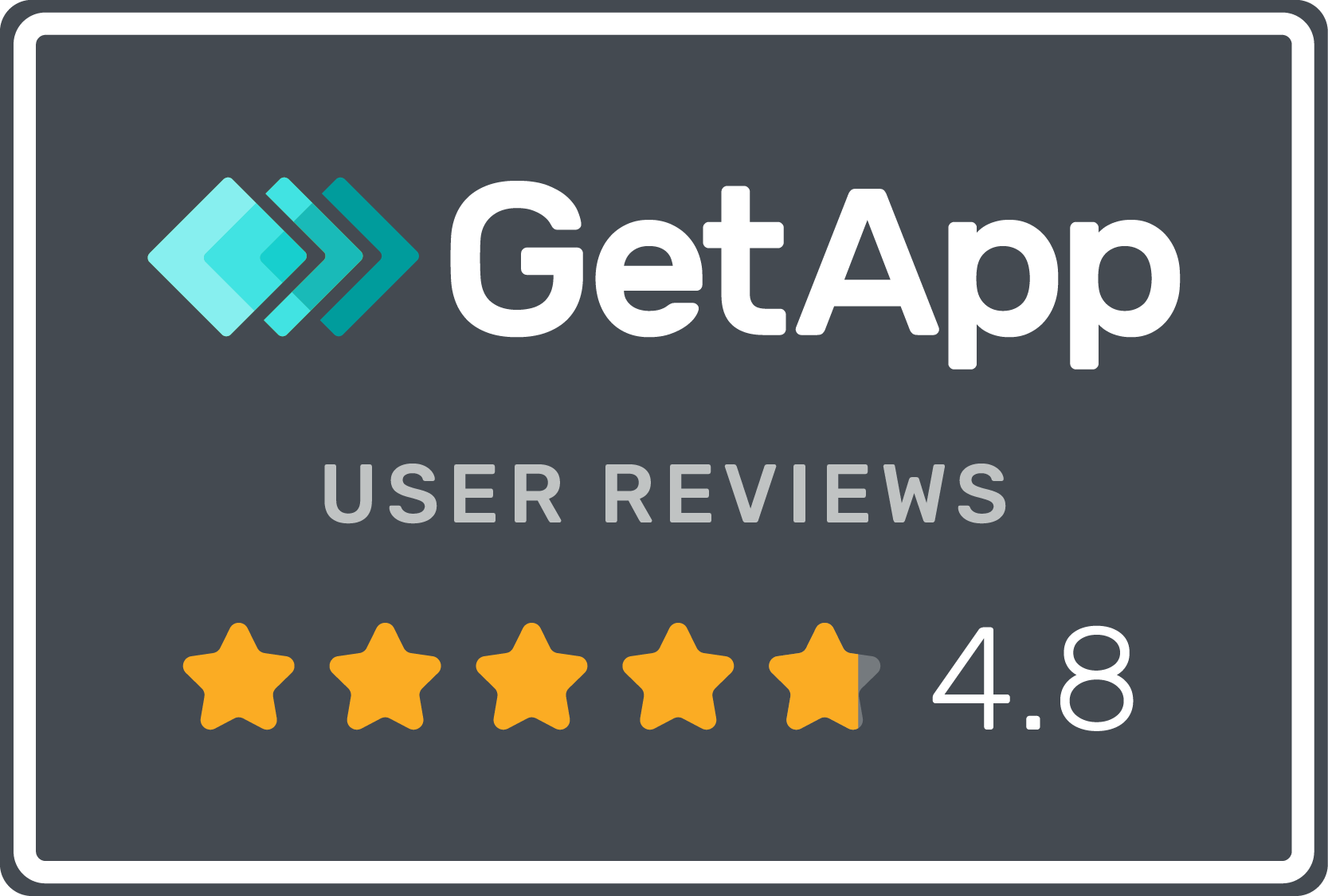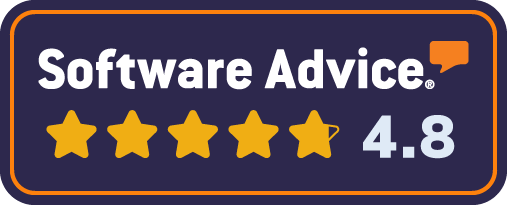Closing the Employee Feedback Loop with Anonymous Feedback
Posted January 14th, 2020

Traditionally, collecting employee feedback was limited to annual performance reviews or irregular feedback requests. Smart organizations gradually realized that employee feedback should function as an ongoing loop, ever evolving to strengthen the organization.
Using a “loop” as a visual indicator helps to convey the revolving nature of employee feedback. The loop begins with the collection of candid, honest feedback, which management then analyzes and uses to develop a plan of action. Once the plan is in place, employees are encouraged to continue submitting feedback and the plan of action continues to evolve. The result is a stronger organization with happier employees, who in turn create more satisfied customers.
Limitations of Direct Employee Feedback
In order for a feedback loop to continue evolving, it needs a continuous supply of honest, open feedback. Without it, action plans can become watered down, or in the worst case, never develop. As we’ve covered in another post on anonymity, employees tend to avoid negativity when providing direct feedback and are reluctant to irritate or challenge their superiors. In an article on conducting employee surveys, HBR noted that when asked to submit feedback, anonymity is the number one concern for employees. The same study shows that when employees have a guarantee of anonymity, they are more likely to submit honest, productive feedback — and even submit more of it.
Closing the Feedback Loop with Incogneato
Incogneato plays an essential role in both closing the employee feed loop and helping it continue to revolve. As a trusted third party, Incogneato helps organizations collect anonymous employee feedback without having to worry about inadvertently storing log files or otherwise finding out the identity of an employee who wished to remain anonymous. With a trusted system in place, employees will be more likely to continue submitting the type of honest, productive feedback that keeps the feedback loop revolving.
How Is Incogneato Different from Other Anonymous Suggestion Boxes?
One of the key differences between Incogneato and other suggestion boxes is the ability to hold an anonymous conversation. Often times that initial piece of employee feedback leads to more questions that would otherwise go unanswered. Our Anonymous Chat feature lets you immediately ask a follow up question or for request further clarification. This one feature is key to a more effective employee feedback loop, as it helps management to more thoroughly understand the issue before an action plan is developed. Another difference is price.
We believe that all organizations should be able to safely collect anonymous feedback without having to pay hefty monthly fees.
If you haven’t already, give Incogneato a try by setting up a free anonymous suggestion box. No credit card is required during your trial.








